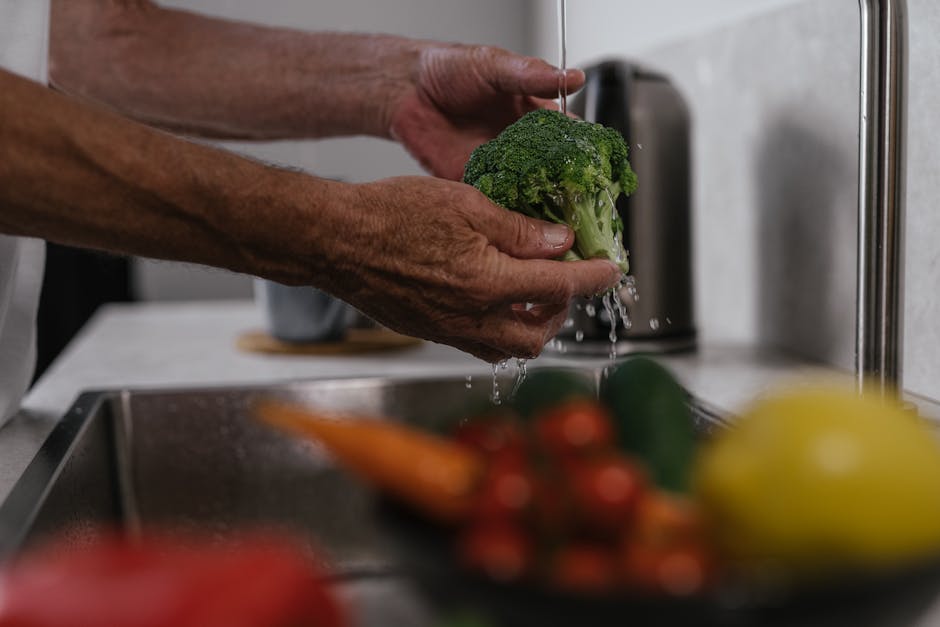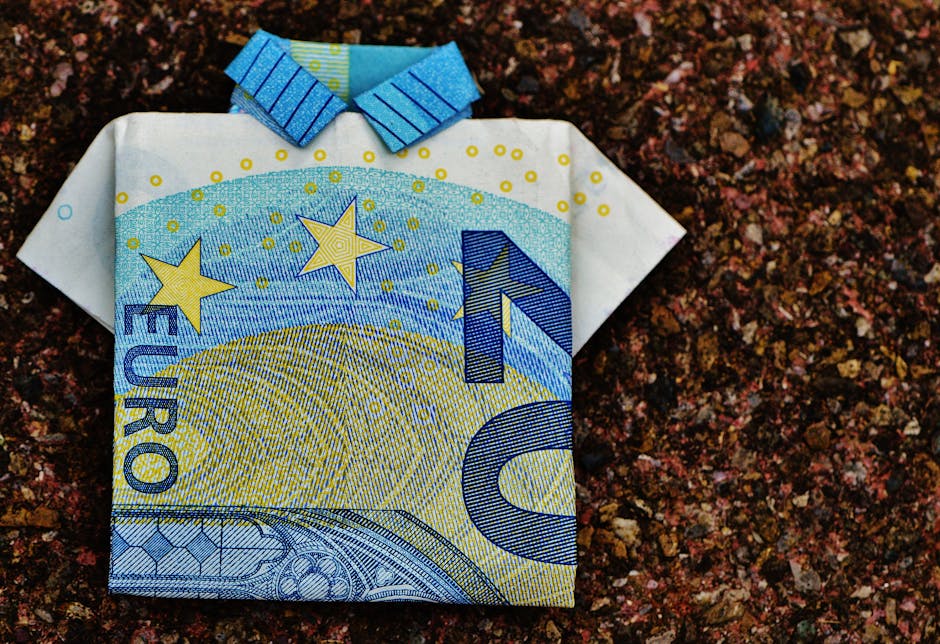The Investment Recipe: Cook Your Way to Financial Success!
Imagine stepping into your kitchen and whipping up not just a gourmet meal, but financial freedom. This might seem like a lofty dream, but what if learning to cook could also be a stepping stone to mastering personal finance and investments? Not only can developing culinary skills help you save on food expenses, but it can also open up new income streams, enabling you to make your passion for cooking a pivotal part of your financial journey. In this article, we’ll explore how cooking intersects with personal finance, unveiling smart budgeting techniques, meal preparation tips, and creative avenues for creating side incomes. Get ready to stir the pot of possibility with proven strategies that could lead to financial success!
Why Cooking Matters in Personal Finance

Cooking is often overlooked in discussions about personal finance, yet it holds powerful potential. A well-planned meal can serve as a metaphor for your financial strategy: both require an understanding of the ingredients at hand and how to best combine them to yield favorable results. Much like investing, cooking encourages creativity, budgeting, and strategic allocation of resources.
The Financial Benefits of Cooking at Home

When you invest time in honing your cooking skills, you effectively cut down on one of the largest monthly expenses: food. According to the U.S. Bureau of Labor Statistics, the average American spends about 10% of their income on food. Preparing meals at home not only fosters healthier eating habits but also lowers your grocery bills significantly.
-
Budgeting for Groceries: Start by creating a weekly meal plan based on what’s on sale at your local grocery store. Utilize flyers and apps like Instacart to stay updated on deals and effectively strategize your shopping trips. Allocate a specific budget each week, just as you'd set a limit on your investment spending.
-
Smart Grocery Shopping: Prioritize purchasing seasonal produce and bulk items for staples like rice, beans, and oats. This is an investment in your pantry that will pay off over time. Moreover, engaging in meal prep can reduce impulse purchases, similar to how a well-thought-out investment plan prevents emotional decisions.
Meal Planning: The Recipe for Financial Success

Meal planning could be likened to crafting an investment portfolio. Just as diverse asset classes can mitigate risk, a variety of meals ensures you won’t grow bored with your diet or waste ingredients. A balanced meal plan incorporates proteins, vegetables, and grains, optimizing nutritional intake while maximizing the use of your grocery budget.
-
Make It Visual: Consider using a whiteboard or a digital planner to lay out your meals for the week. Involve the family or roommates in the planning process, fostering a collaborative environment much like engaging with a financial partnership.
-
Batch Cooking: Prepare multiple servings of time-intensive dishes at once. This not only saves time but also protects you from reaching for takeout when you're tired. By allocating specific days for batch cooking, you're essentially making a long-term investment in time and resources.
Creating a Side Income: Transforming Your Culinary Skills into Cash

Are you ready to turn your culinary passion into a side hustle? The kitchen can be more than a place to prepare meals; it can be a launching pad for financial opportunities. Here’s how to diversify your activities and amplify your income:
-
Meal Prep Service: With the busy lives of many professionals, consider offering a meal prep service. This could be as straightforward as prepping healthy lunches for people in your community or even corporate meal solutions for offices. This means not only generating income but also positively influencing others’ dietary habits.
-
Cooking Classes: Plan and conduct local or online cooking classes. This could tie back to an audience you build through a food blog or social media platforms. Teaching others to cook is akin to educating them about personal finance—it’s all about sharing knowledge and creating value.
-
Food Blogging and Content Creation: If you love sharing your culinary creations, consider starting a food blog. This could become a source of income through affiliate marketing, ads, or sponsored posts. A well-written blog is not only a creative outlet but a potent investment in your personal brand.
-
Creating Gourmet Products: Leverage your culinary talents to develop gourmet products like sauces, jams, or baked goods. Sell them at local farmers' markets, on platforms like Etsy, or even health food stores. These items can complement each other, much like diversified investments that work synergistically.
The Time Factor: Cooking as a Long-Term Investment

Just as investment strategies emphasize both risk and time, cooking teaches the value of patience and timing. Learning to cook well is an investment in your future well-being and financial independence.
-
Practice Makes Perfect: Invest time in learning new cooking techniques. The more skilled you become, the less time you’ll need to create delicious meals—equating to a high return on the investment of time.
-
Self-Care through Cooking: Regularly preparing meals at home promotes mental well-being and mindfulness, which can influence your financial decisions positively. When you feel good, you make better choices, be it in the kitchen or your financial portfolio.
Recognizing the Parallels: Cooking and Investing

Cooking and investing may seem worlds apart, but they share fundamental principles: planning, execution, adjustments, and learning from failures. Both require a balance of creativity and analytical thinking. Here are some ways to connect the dots:
-
Recipe as a Financial Model: Just as a recipe needs the right combination of ingredients in specific proportions, your financial strategy requires well-considered investments that work together optimally.
-
Feedback Loop: Use feedback from your cooking experiences to refine your approach to budgeting and investments. Did a meal turn out poorly due to missing ingredients? Adjust your next shopping list accordingly, much like how you'd tweak your investment strategy based on market performance.
Embracing the Community Aspect of Cooking

The act of cooking is emotionally enriching and can enhance your financial network. Just as financial growth often emerges from community interactions, sharing meals can foster relationships and create economic opportunities.
-
Community Cooking Events: Get involved with local cooking classes, community gardens, or food co-ops. With the rise of “foodie” culture, you can meet individuals passionate about cooking and finance alike.
-
Collaborative Ventures: Team up with local farmers or food producers for joint ventures such as farm-to-table events. This not only supports local businesses but also helps you build a reputation within the community.
Final Thoughts: Combine Your Culinary Skills with Financial Savvy

Your kitchen is more than a place to whip up dinner; it can also be a significant part of your financial journey. By honing culinary skills and applying the lessons learned in the kitchen to your personal life and financial planning, you can create delicious meals while simultaneously investing in your financial future. Whether starting a side hustle or simply budgeting more efficiently, cooking and finance are interconnected, guiding you toward a prosperous future.
In embracing these approaches, remember that each meal you prepare is a potential investment in your well-being and financial success. So roll up your sleeves, don your apron, and start cooking not just food—but a journey toward financial freedom!
Discover More to Enhance Your Financial Journey
For more insights into transforming your finances and investing processed through the lens of everyday life, check out these articles: Transform Your Hobbies into Income and Master Your Finances by Understanding Mental Health.



